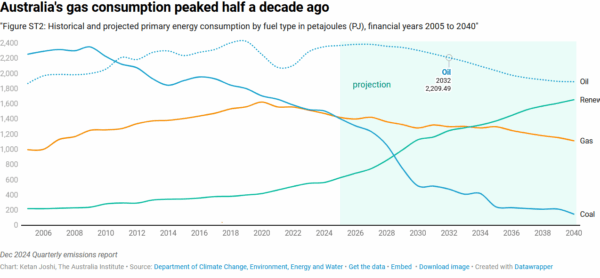Israeli Prime Minister Benjamin Netanyahu has formally nominated United States President Donald Trump for the Nobel Peace Prize. He says the president is “forging peace as we speak, in one country, in one region after the other”.
Trump, who has craved the award for years, sees himself as a global peacemaker in a raft of conflicts from Israel and Iran, to Rwanda and the Democratic Republic of Congo.
With the conflict in Gaza still raging, we ask five experts – could Trump be rewarded with the world’s most prestigious peace prize?
